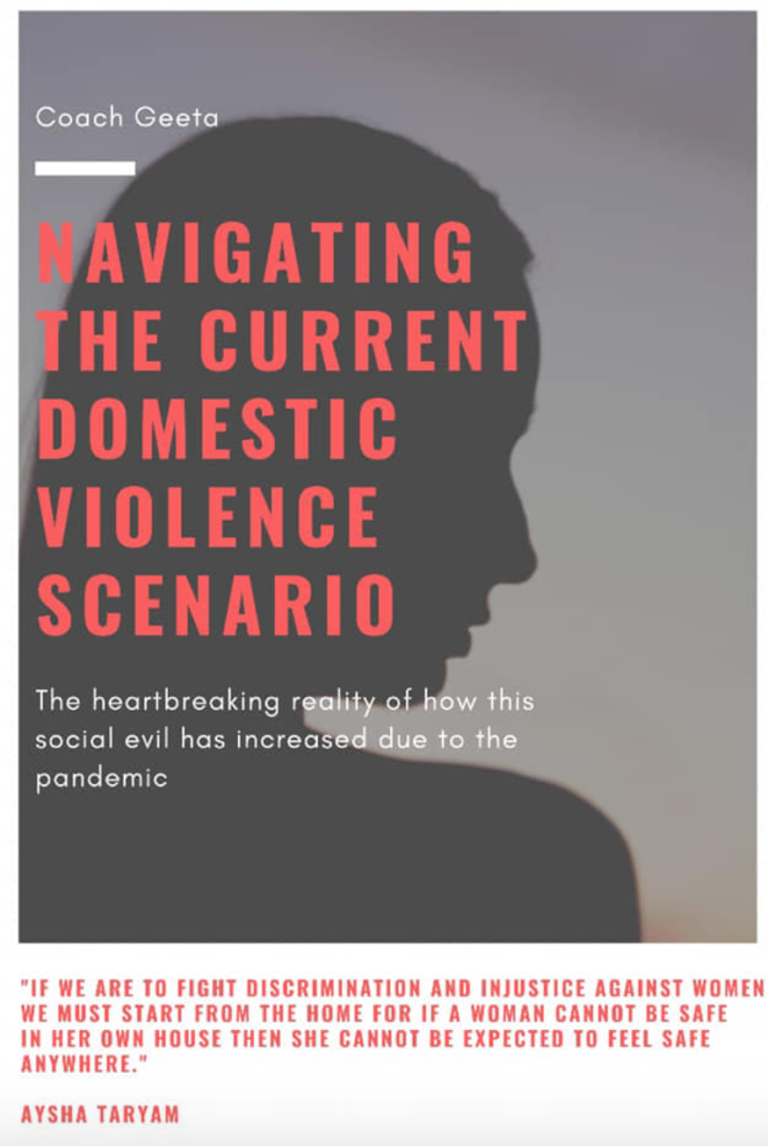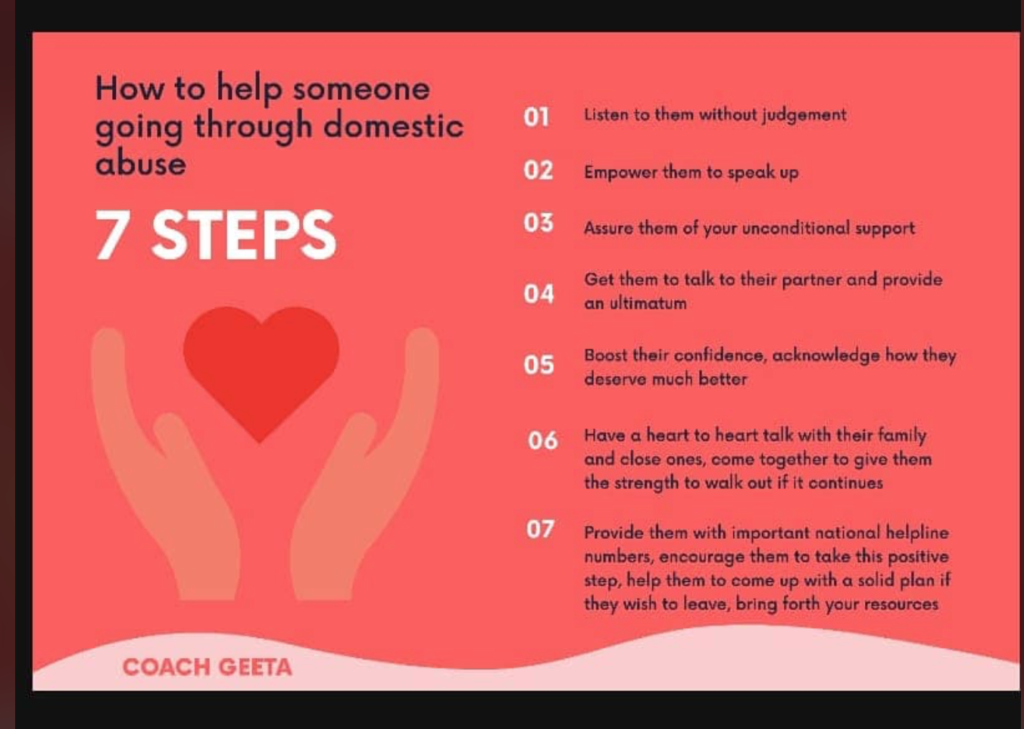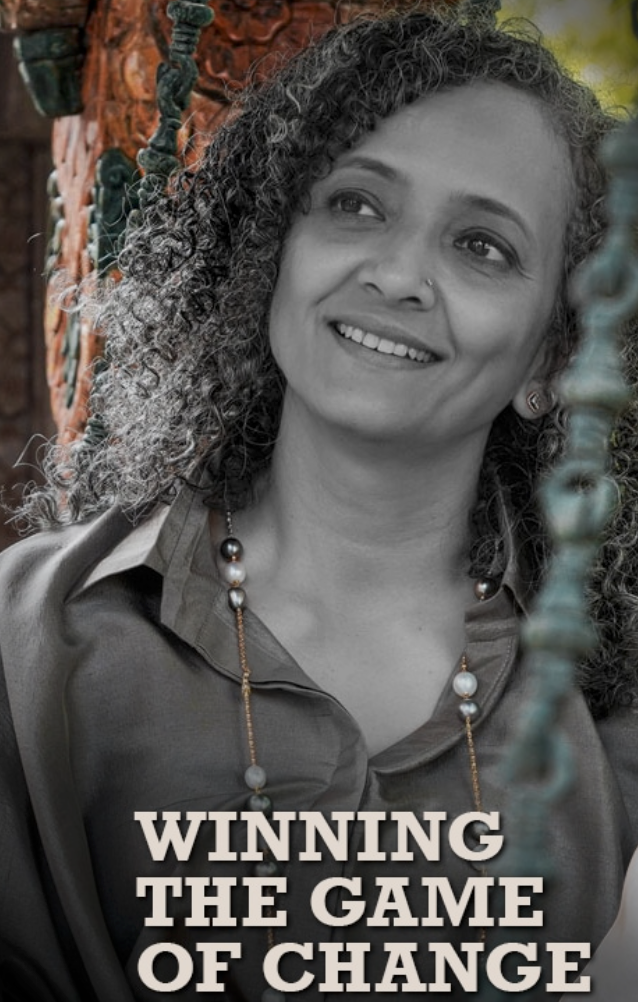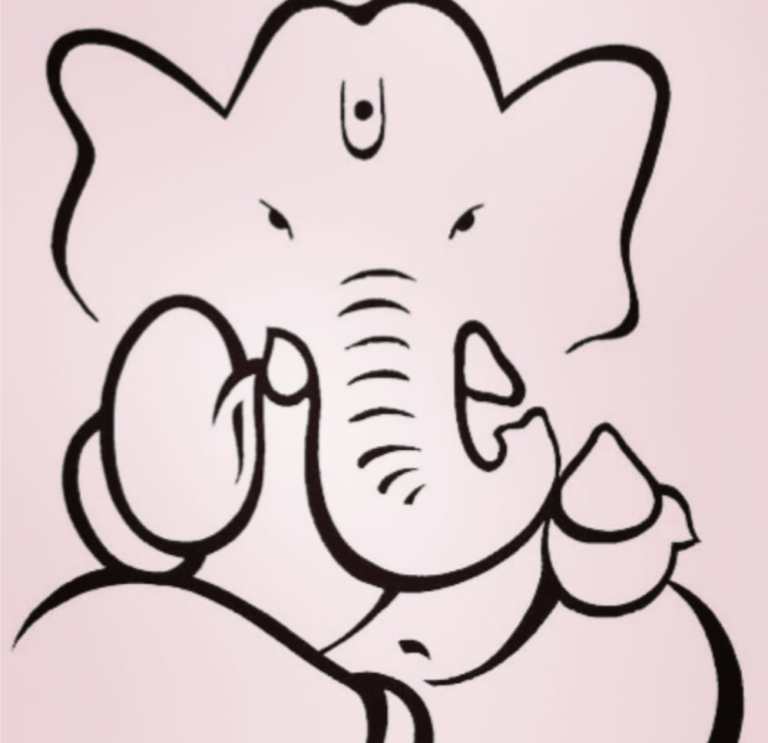Monday Blog 37/52:
Learn From your childrenI
f you get an opportunity, watch a baby learn to walk. They will get up wobbly placing one foot and then the next, falling in the process. Cry a bit maybe, only to get up and try again and again and again till one day they are walking with confidence and soon will be running all around the house.
Children are so pure, living in the moment. Not worried of what people with think or say.
Between 0 to 7 years, children are busy learning all the survival skills needed and are said to operate from their conscious mind. After which it switches to a sub-conscious mind, where behaviors are based on learnt perceptions and often on repeat mode, as we start forming habits.
Let us learn from the children and re-examine and learn to unlearn some perceptions, to not be judgmental and governed by what people will say, to focus on the now, to laugh aloud and to enjoy life one moment at a time.









